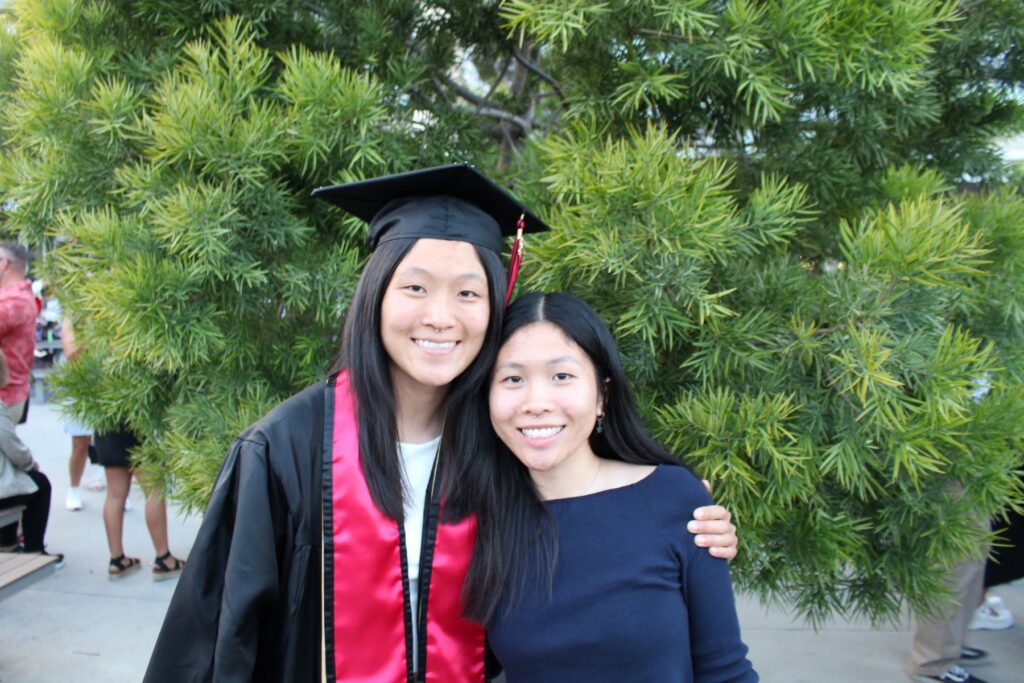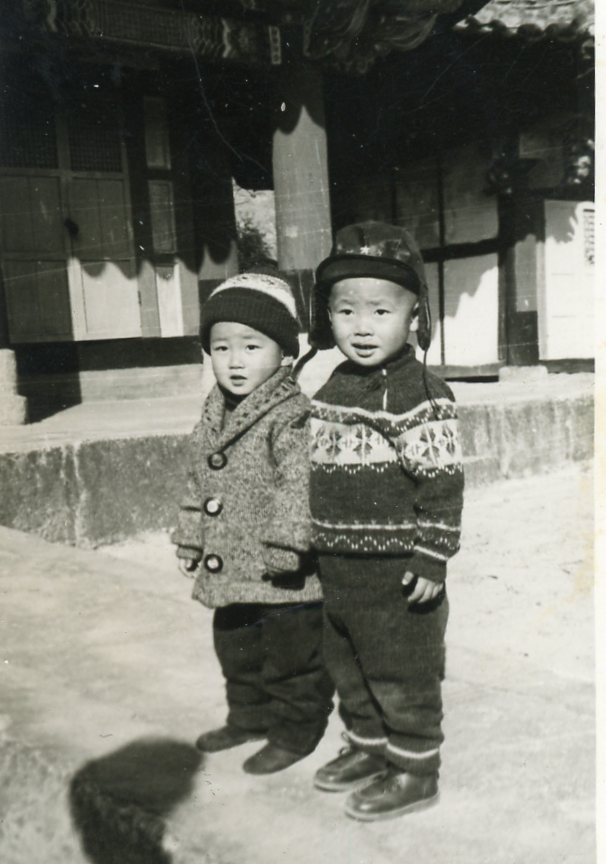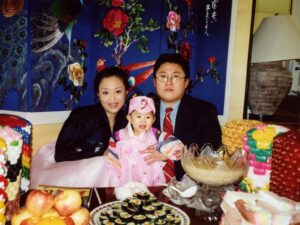In many parts of the world, there’s a widespread cultural preference known as “son preference.” This means that families often value having sons more than daughters. This preference influences family structure, inheritance practices, and societal roles for boys and girls.
Additionally, understanding the roots of son preference helps us see how traditions, gender roles, and modern changes interact in certain societies. Exploring this topic sheds light on how these preferences have evolved and their impact on gender equality in today’s world.
Growing Up with Son Preference
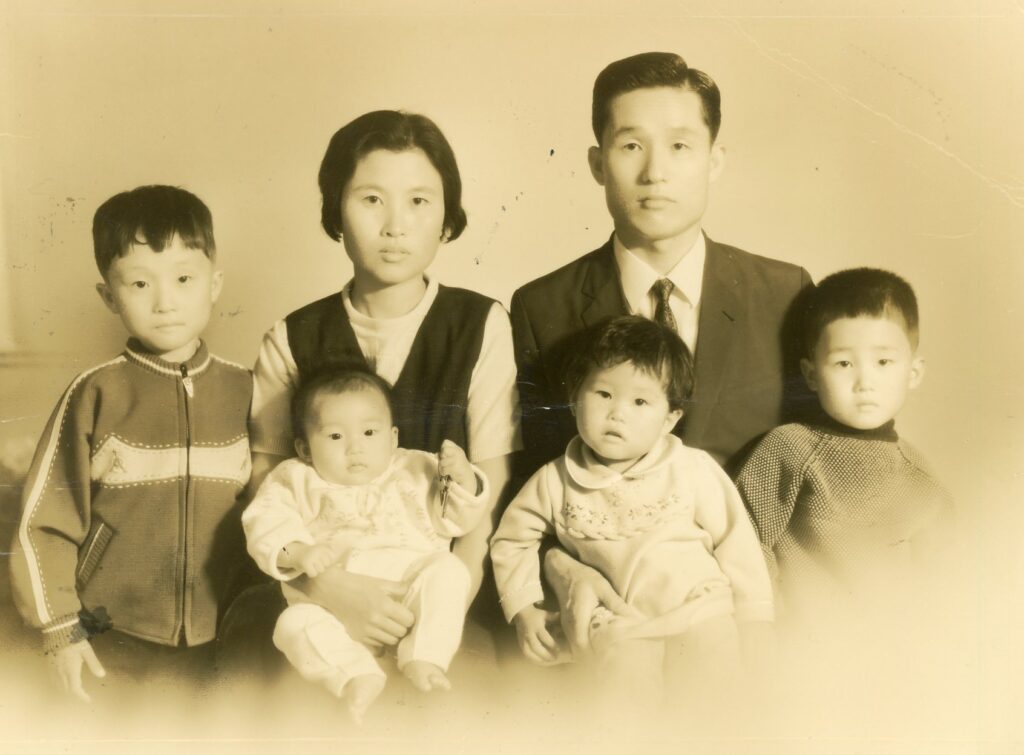
Growing up in my Korean family, I had two older brothers, a younger sister, and a younger brother. From a young age, I noticed a strong preference for sons in our culture. When a boy was born, it was a joyous occasion for the family. However, families often offered condolences rather than celebrating the birth of a girl. This cultural difference was evident not only in my parents’ generation but also during my upbringing.
My mom especially emphasized the importance of having a son. She believed it was crucial for our family’s future and traditions. Many Korean families, including ours, placed great importance on having a son who could carry forward the family name and provide support as our parents aged. Traditionally, society expected sons to assume responsibilities that were not typically assigned to daughters.
This cultural value deeply influenced our family dynamics and societal expectations. While I struggled to fully grasp and accept this aspect of our culture, it was a significant part of our upbringing that shaped how we understood gender roles and familial responsibilities.
The Importance of Son Preference in Cultural Traditions

Son preference holds significant importance in many cultures, including traditional Korean society, where it reflects deep-seated beliefs and practical considerations that have persisted over generations. In these cultures, several factors contribute to the emphasis on having sons:
1. Family Lineage and Name Continuation
People prefer sons because they believe sons will continue the family name and lineage into the future. This belief is closely connected to honoring ancestors and maintaining a direct male family line.
2. Economic and Social Roles
Historically, families expected sons to play key economic roles within the family unit. Consequently, they would inherit property, manage family finances, and provide financial support for aging parents. In agrarian societies, sons were crucial for agricultural labor and ensuring the family’s economic stability.
3. Care for Parents in Old Age
Sons were traditionally seen as the primary caregivers for their parents in old age. This expectation was based on cultural norms that placed sons in charge of familial duties, including the responsibility to provide physical and financial support to aging parents. In contrast, societies often expected daughters to marry into other families and support their husbands’ households.
4. Social Status and Prestige
Furthermore, in many cultures, people associated having sons with higher social status and prestige. Communities often respected families more if they had sons. Sons were viewed as symbols of strength, continuity, and familial success, which enhanced their standing in society.
5. Gender Roles and Expectations
Son preference is also rooted in traditional gender roles and expectations. Cultures that prioritize sons often assign them leadership roles within the family and community, reinforcing the idea that males are inherently more capable of carrying on family traditions and fulfilling societal obligations.
6. Patriarchal Values
Moreover, many societies with strong son preference historically operated under patriarchal systems, where males held primary authority and decision-making power. This framework reinforced the idea that sons were indispensable for maintaining familial and societal order.
Changing Views in Asian Cultures
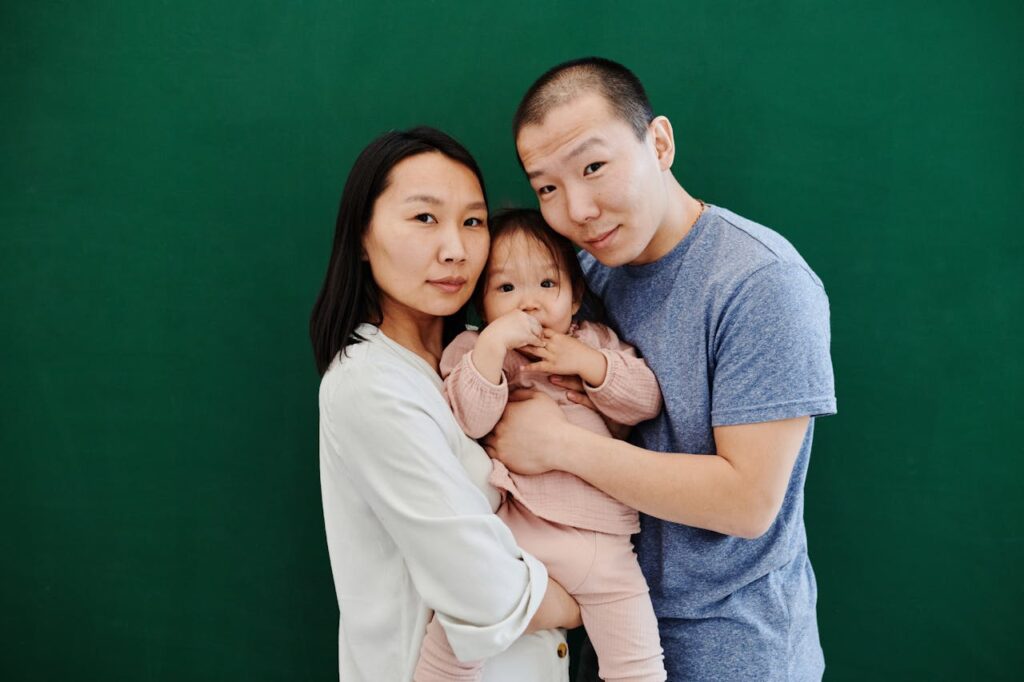
Over time, attitudes towards son preference in Korean society have shifted significantly, with notable changes in familial roles and perceptions of gender responsibilities. Society historically valued sons for their roles in inheritance and caregiving, but now they no longer universally expect sons to be the primary caregivers for aging parents. Instead, daughters increasingly take on these responsibilities, reflecting broader societal changes and evolving family dynamics.
In contemporary Korean society, there is a growing recognition of the contributions daughters make in caring for aging parents. Moreover, many families now view having daughters as a blessing, appreciating their dedication and caregiving roles as parents grow older. This shift is evident in personal experiences like mine, where older brothers may not actively participate in caring for their aging parents, contrary to traditional expectations.
This cultural evolution can be attributed to several factors. Additionally, economic shifts and urbanization have led to smaller family sizes and increased female participation in the workforce and higher education. These changes have empowered daughters to take on more active roles in family caregiving, challenging the historical preference for sons as primary caregivers.
Moreover, legal reforms promoting gender equality and changes in societal norms towards more egalitarian values have also contributed to this transformation. Families are increasingly recognizing the individual capabilities and choices of daughters, appreciating their essential roles in familial care and support.
While remnants of son preference may still persist in some contexts, the trend towards recognizing and valuing daughters for their caregiving contributions marks a significant cultural shift in Korean society. This ongoing evolution reflects broader global movements towards gender equality and redefines traditional notions of familial roles and responsibilities in contemporary Korea.
Evolution of Son Preference
In summary, son preference in Asian cultures has deep roots in history and tradition, influencing how families view inheritance, caregiving, and societal roles. Traditionally, families favored sons for carrying on family names and supporting parents. However, societal changes such as better education for women and laws promoting gender equality are gradually shifting these attitudes. Today, there’s a growing understanding of daughters’ essential roles in caregiving and family support. This shift reflects broader changes towards fairness and respect for all children, regardless of gender, across Asian societies.
